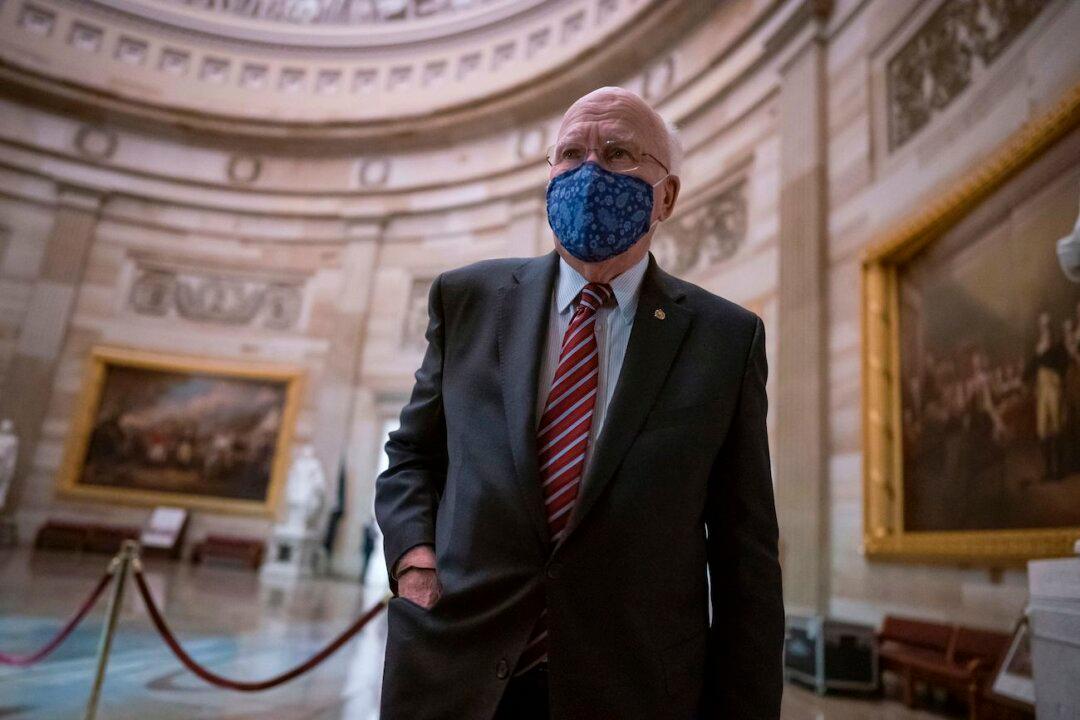Sen. Patrick Leahy (D-Vt.), who serves as president pro tempore and is presiding over the impeachment trial, said on Tuesday he would conduct the proceedings “with fairness to all.”
“My intention and solemn obligation is to conduct this trial with fairness to all,” Leahy wrote in a letter (pdf) addressed to his colleagues. “I will adhere, as have my predecessors in the Senate who have presided over impeachment trials, to the Constitution and to applicable Senate rules, precedent, and governing resolutions.”




